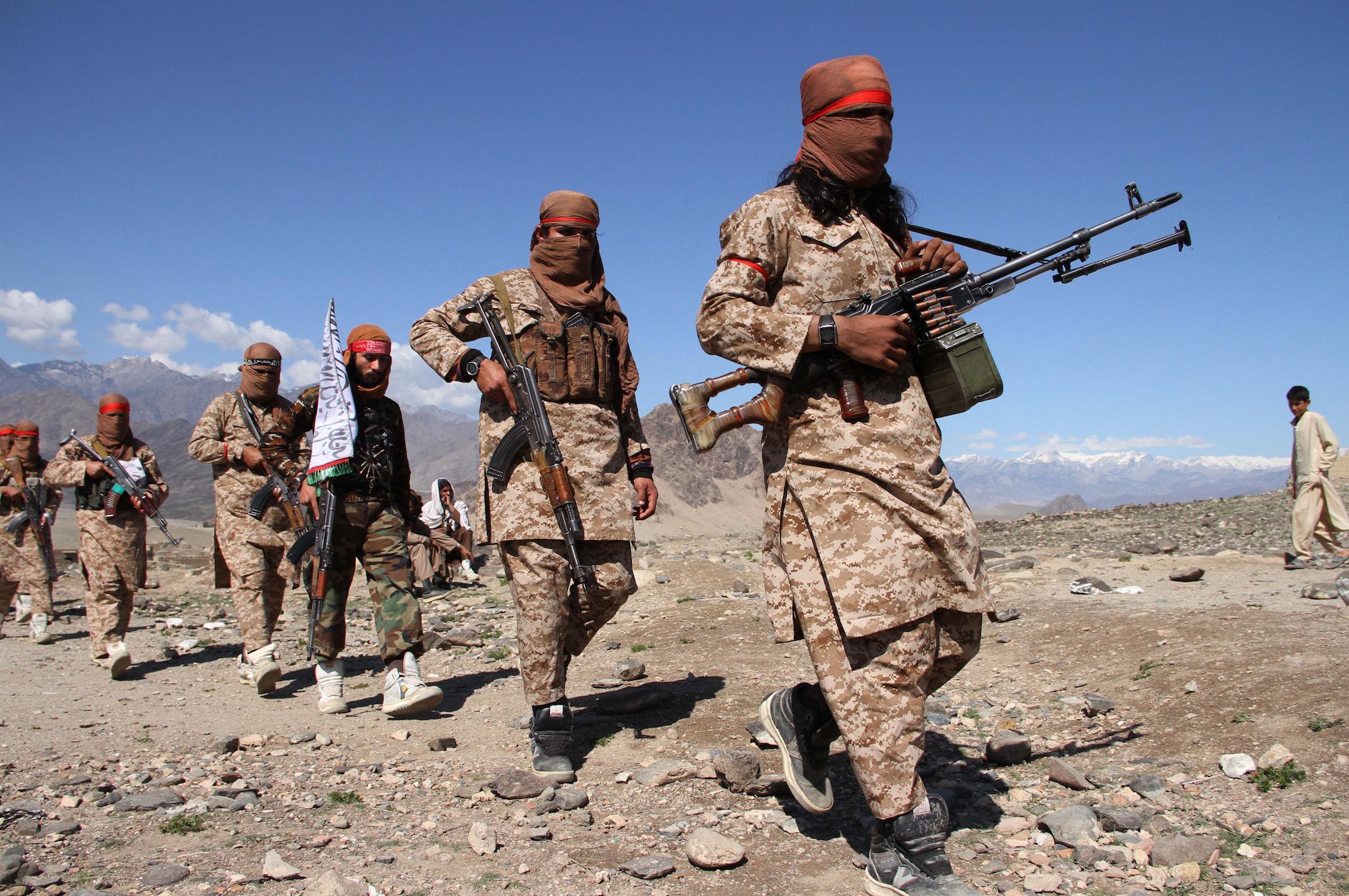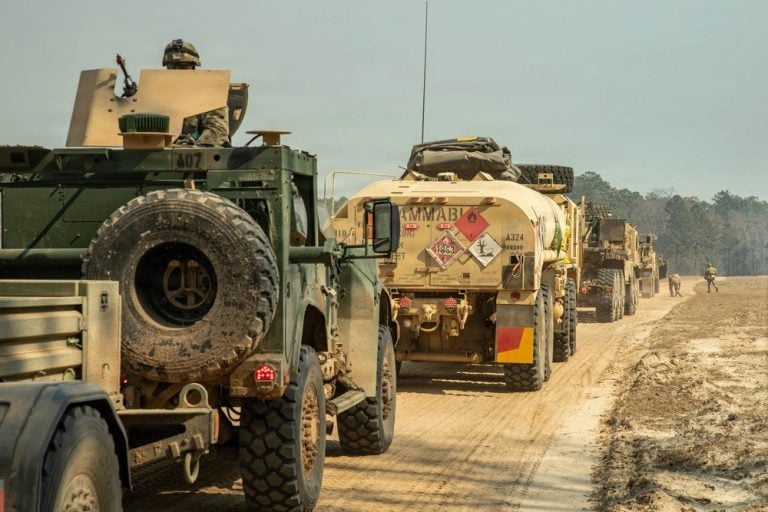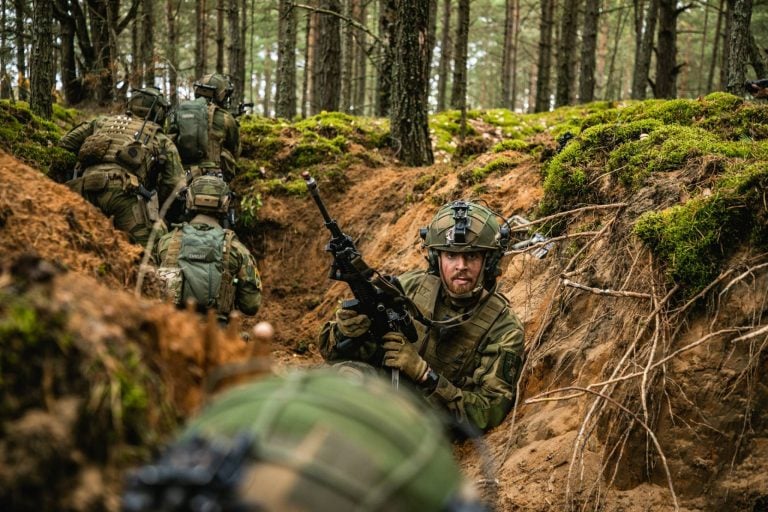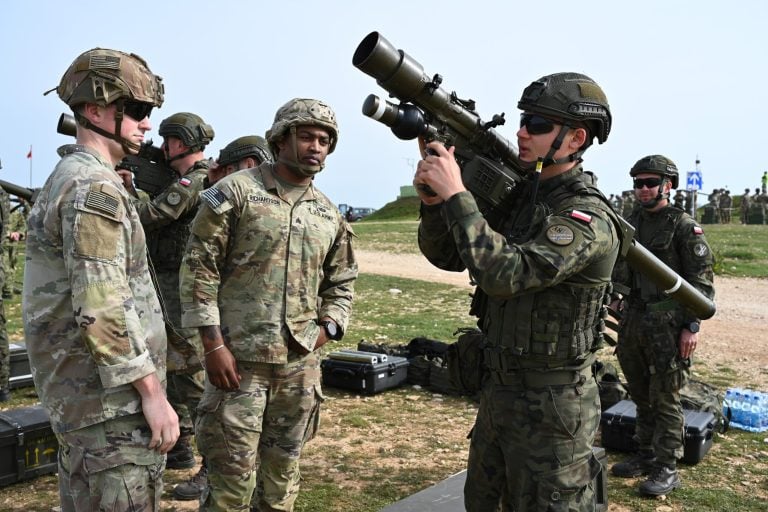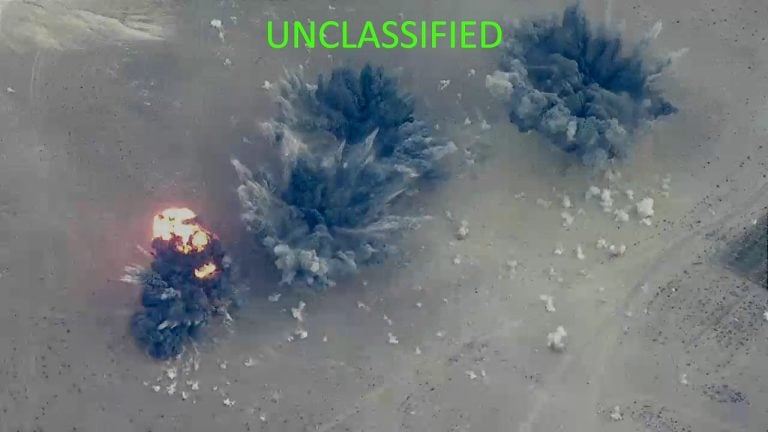A significant moment of diplomacy emerged late Wednesday as a 48-hour ceasefire agreement was reached between Afghanistan and Pakistan. This ceasefire was initiated after a week marked by escalating violence that resulted in numerous casualties among both military personnel and civilians.
The truce came into effect at 6:00 PM Islamabad time (1300 GMT) and was announced simultaneously by officials from both countries, each claiming that the other had requested this pause to halt the ongoing hostilities. Pakistan’s Ministry of Foreign Affairs expressed hope for a constructive resolution during the ceasefire, stating that both sides would work sincerely to address the “complex but resolvable issue” through dialogue.
In response, Afghanistan’s Taliban government confirmed their commitment to the ceasefire, outlining that their army would adhere to the agreement unless it was violated. The decision to pause hostilities followed a week filled with significant violence, including an aggressive push by the Taliban along its southern border with Pakistan.
Pakistan has long accused Afghanistan of providing sanctuary to militant groups, including the Pakistani Taliban (TTP), a claim that Afghanistan has consistently denied. Tensions soared further when violence erupted near border posts, leading both nations to bolster their military responses.
Wednesday’s events were particularly chaotic, with explosions reported in Kabul that resulted in at least five fatalities and numerous injuries. An Italian NGO managing a hospital in the city confirmed the arrival of multiple wounded individuals, highlighting the civilian impact of the turmoil. The Taliban government attributed the explosions to an oil tanker and generator mishap, although no direct connection to the border clashes was confirmed.
Amidst the rising tensions, reports surfaced of combatants engaging near Spin Boldak, where Pakistan’s military claimed to have repelled assaults from the Afghan Taliban. During these clashes, both sides reported casualties, with Pakistan asserting that around 20 Taliban fighters were killed in earlier attacks. Civilian casualties were also reported, with the Taliban stating they had suffered losses among their fighters while asserting that Pakistani forces had harmed civilians as well.
As fear spread among local populations, residents of affected areas described scenes of chaos, with families fleeing to escape the violence. In Spin Boldak, one resident recounted a harrowing experience detailing the impact of the fighting on his family.
In the wake of these escalating confrontations, a senior security official in Peshawar, Pakistan, reported a deadly attack on a checkpoint that resulted in the deaths of seven soldiers, with a group claiming responsibility for the assault.
This fragile ceasefire, although only temporary, offers a glimmer of hope for both nations to engage in dialogue and seek paths to de-escalate ongoing hostilities, which have caused significant upheaval and suffering on both sides. As the two nations grapple with their security challenges and historical grievances, the coming hours will be crucial in determining whether a longer-term resolution can be achieved.
